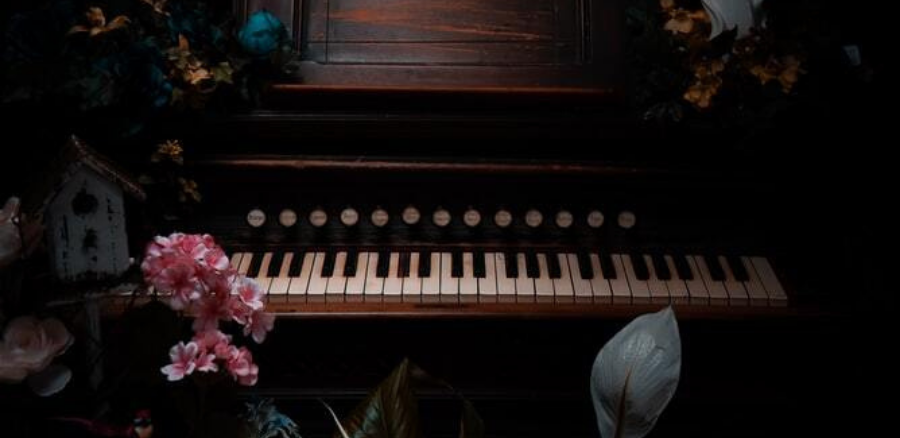
This series spotlights musical artists from The Nasiona‘s first compilation album, Volume 1: Petrichor.
Stephanie Henry’s tracks “Snowflakes at Midnight” & “Nocturne in G Minor” are featured in the volume.
Stephanie Henry is a classically trained pianist and composer from Minneapolis, MN. She has performed with classical and theatrical ensembles, as well as with rock bands. She composed original works for film, musical theater, orchestras, quartets, and solo piano. Her music has been applauded for its originality and charismatic charm. She studied music at St. Olaf College and received her Master’s from Hamline University. Most recently, Stephanie was selected to compose a piece for White Snake Projects’ Sing Out Strong: Decolonized Voices. Stephanie is currently scoring music for a short film. Outside of composing and performing, Stephanie has maintained a piano studio where she teaches music to people of all ages. She currently lives in Burnsville, MN with her husband John and their two cats, Garfield and Simon.
Artist statement: I am a composer/pianist who is a woman of color. I’ve persevered in the face of adversity. I encourage others to do the same. The students I teach are primarily students of color. I’ve also worked with She Rock She Rock, a non-profit organization dedicated to empowering girls, women, trans and non-binary folks through the art of music. The films I compose have dealt with mental health, mistreatment of families of color, and LGBT issues. I often perform for and with all-female organizations and Black organizations. I strive to create visibility for women and people of color in the art I create and perform. I strive to enrich the community by teaching others and sharing my work.
INTERVIEW
What does countercurrence mean to you, and what is it like to make music when you are outside those mainstream voices that are usually given a platform?
Countercurrence means flowing in opposite directions. Making music outside of those mainstream voices can be challenging, especially when mainstream voices try to place you or your music into boxes you don’t fit in.
Would you always have turned to music as an important avenue through which you express your BIPOC identity? Or have you always found ways to do this, which happen to include music?
I’ve always turned to music to express myself. I was a shy kid and music allowed me to connect with others.
What are the differences or similarities you perceive in online and physical music communities, especially when our relationship to proximity has been indelibly altered?
Having an online music community makes it more accessible to all audiences, especially in the world of Classical music. Not everyone has the opportunity to go to a physical concert hall to enjoy music. Having a physical concert hall is more enriching, while having an online community creates a broader, more inclusive community.
Do you believe in breaking down the barriers that have long kept BIPOC musicians away from the same opportunities as their white peers, or should BIPOC musicians be looking beyond those traditional guidelines to success?
I do believe in breaking down barriers. I also believe that BIPOC musicians should look beyond traditional guidelines for success as well. I’m all about creating new paths for success.
If you had to solely choose between walking in the legacy of a musician/musical tradition you admire, or forging your own path and inspiring others yourself, which would it be, and why?
I want to forge my own path and inspire others. I want to be a trailblazer. I want to create a path that others can follow. The musicians I look up to created their own way with their own sound. I want to do the same just on my own path. It’s important for people, especially women of color, to see people who look like them accomplishing success on their terms.
Volume 1: Petrichor
About the Album
This first volume of The Nasiona’s music series encapsulates all the glorious highs and the searing lows of navigating the world as an empathetic, curious individual. The works contained in this volume — from mournful piano compositions, dazzling spoken word, spellbinding vocal layered-songs, to beautiful instrumentals — express the intricacies of being an artist of color in a too-often indifferent world; and like the scent that lingers long after the downpour, these masterpieces ask you to sit awhile, to close your eyes, to pay attention.
MUSICAL ARTISTS
ALBUM PRODUCERS
Music and oral narrators have always told stories that are as powerful, as moving as personal essays, and we at The Nasiona want to honor these tradition. For the second compilation audio volume of our BIPOC Music + Spoken Word Series, we seek submissions of tracks that align with our vision of centering, elevating, and amplifying Black, Indigenous, and People of Color, shedding light on neglected and intersectional identity experiences, while also celebrating our beauty, intelligence, creativity, and joy.
Whether you record your music or spoken word professionally, or whether you have gone the DIY way throughout; whether you are an emerging indie artist, or have never released a track or album; or whether you have simply felt overlooked by the mainstream musical landscape: we believe in your voice, your story, and your talent; and we want your work!
Tell us about growing up as a third culture kid, about living through trauma, about being misgendered, about slice-of-life instances of resolution. Tell us about your elations, your sorrows, your moments of quiet tenacity, your rallying cries of rage. Send us a track (or two, or three!) that tells a story, whether in words or through instrumentals. If it matters to you, it deserves a platform.
All genres and languages are welcome. If you identify as BIPOC, we want to showcase your work and profile you.
We can’t wait to experience to your work!
Note that we are here to center, elevate, and amplify your work. You keep all the rights to your work.


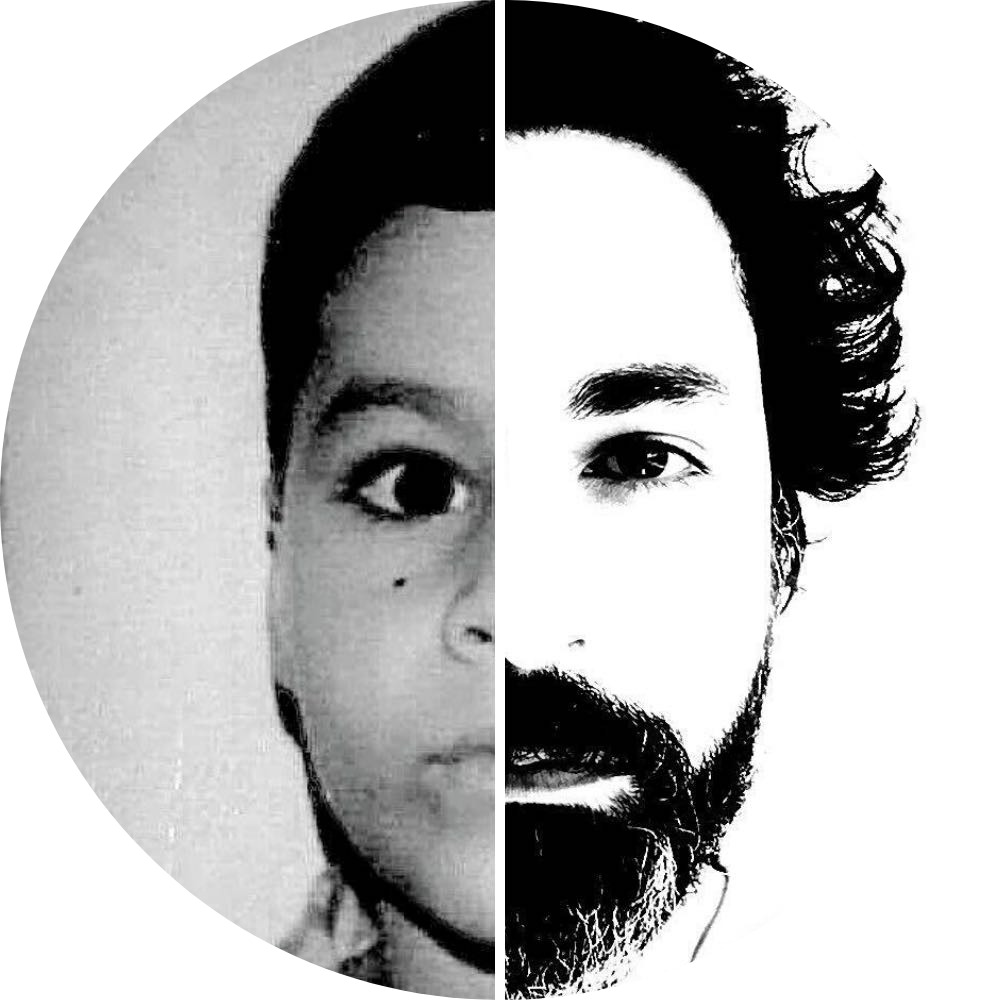
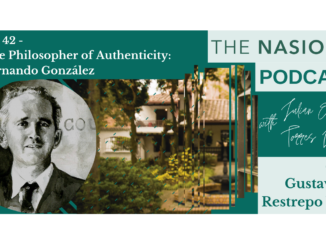
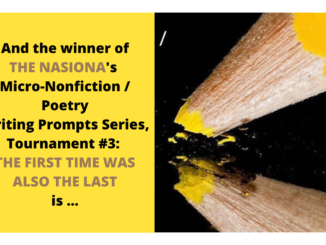
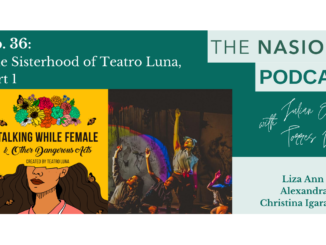
15 Trackbacks / Pingbacks
Comments are closed.